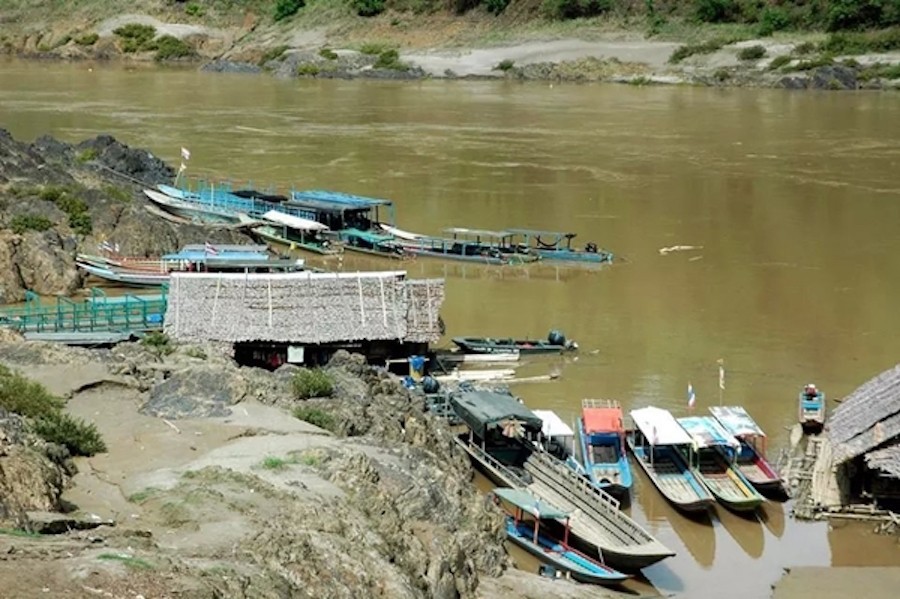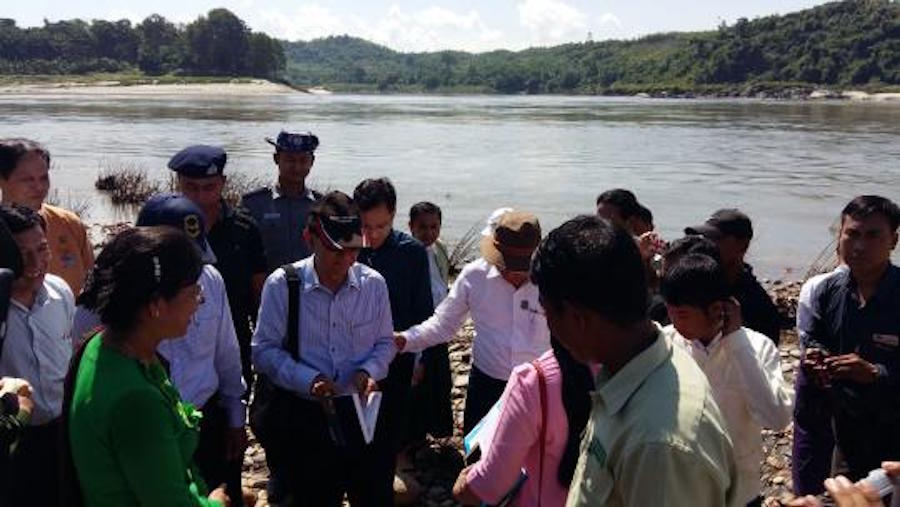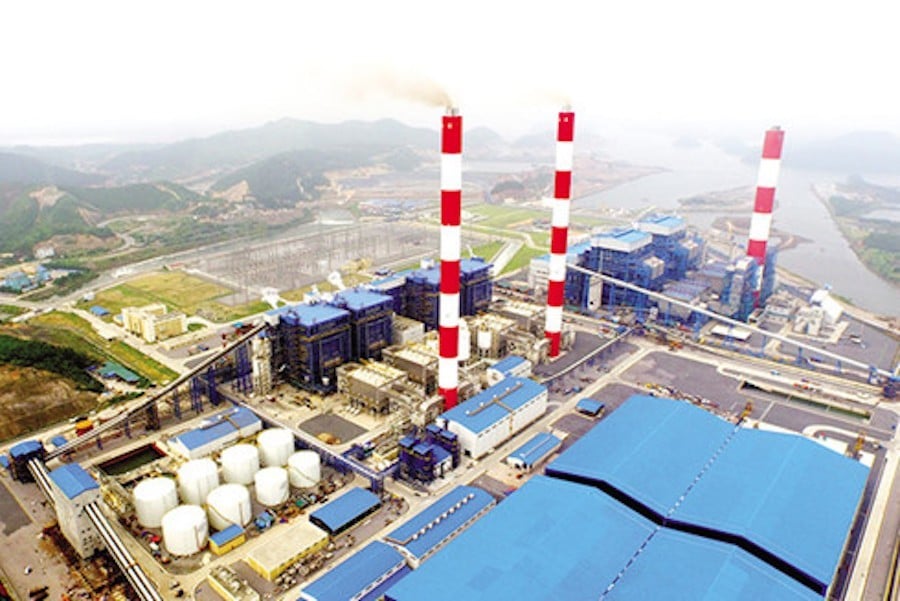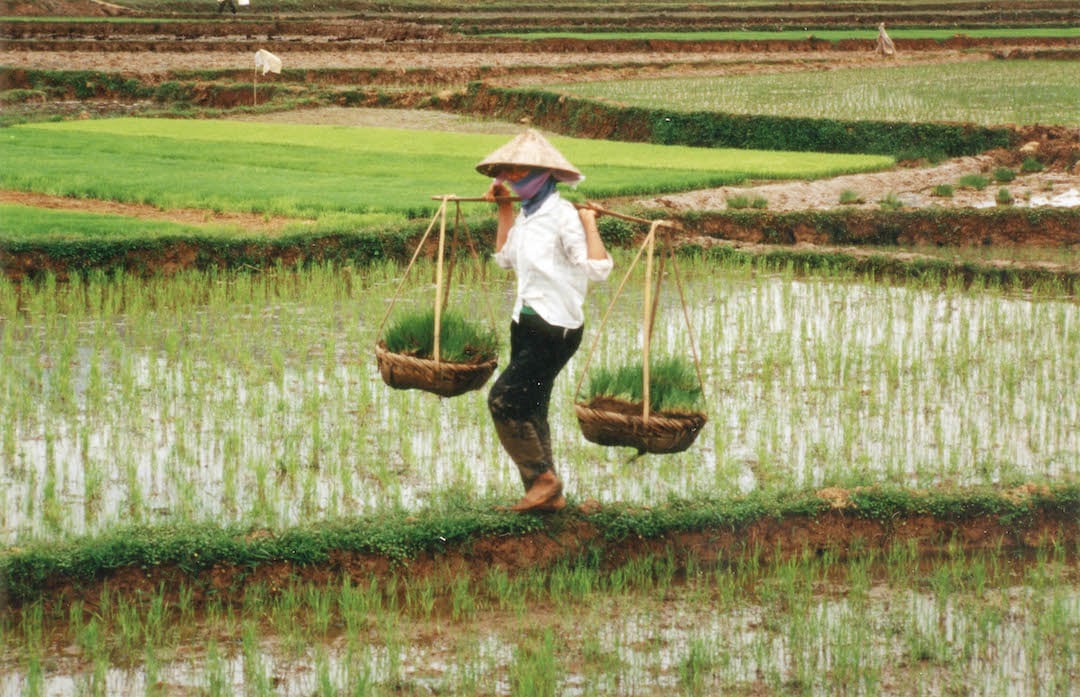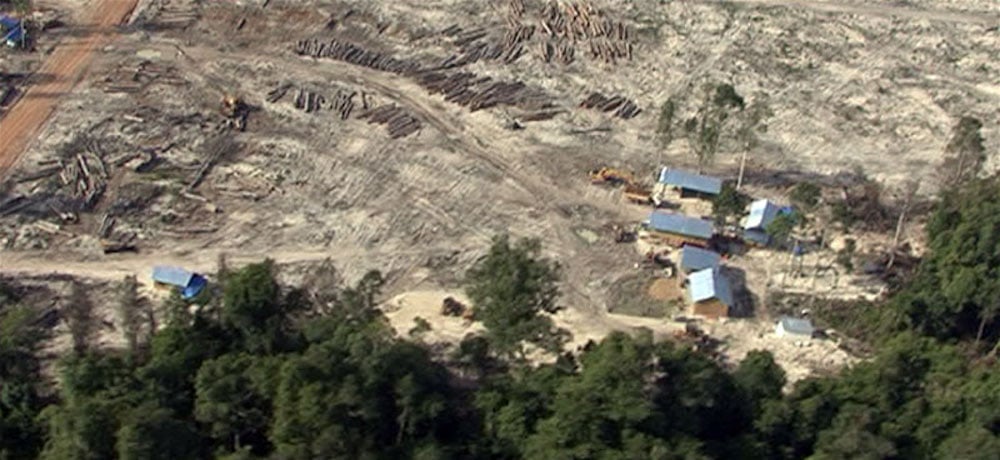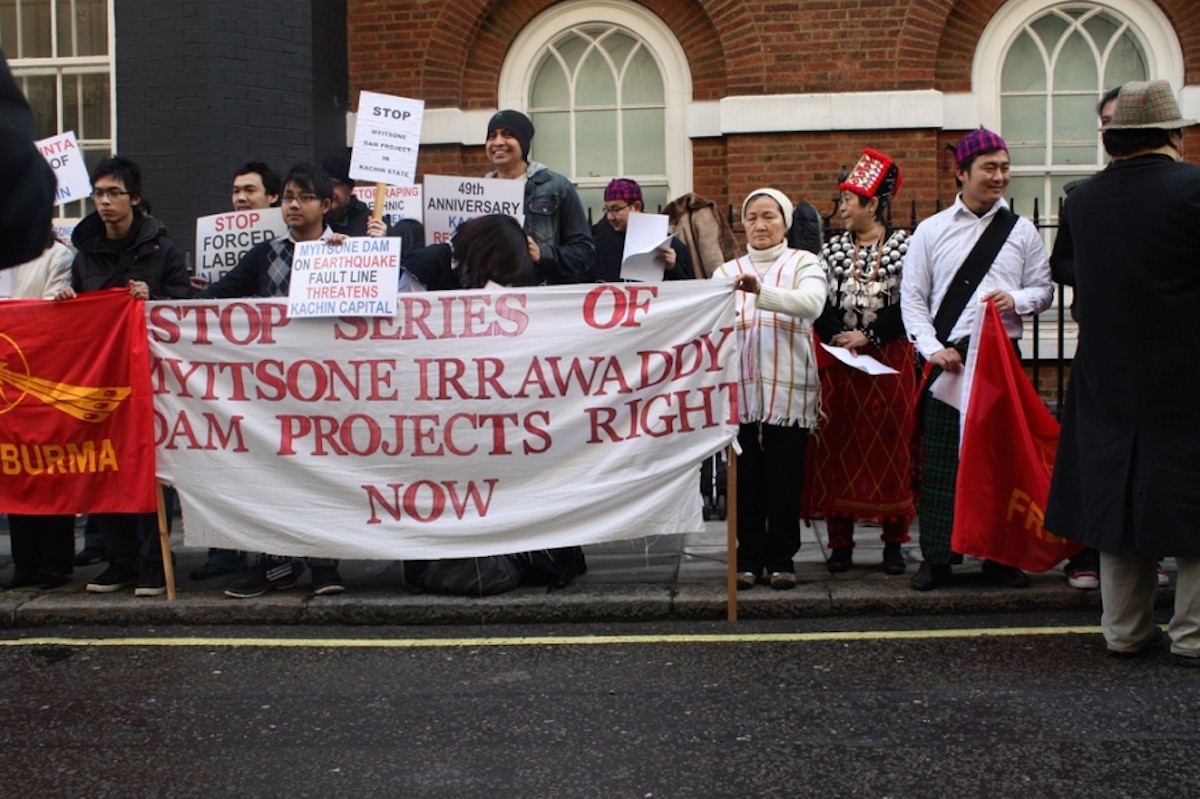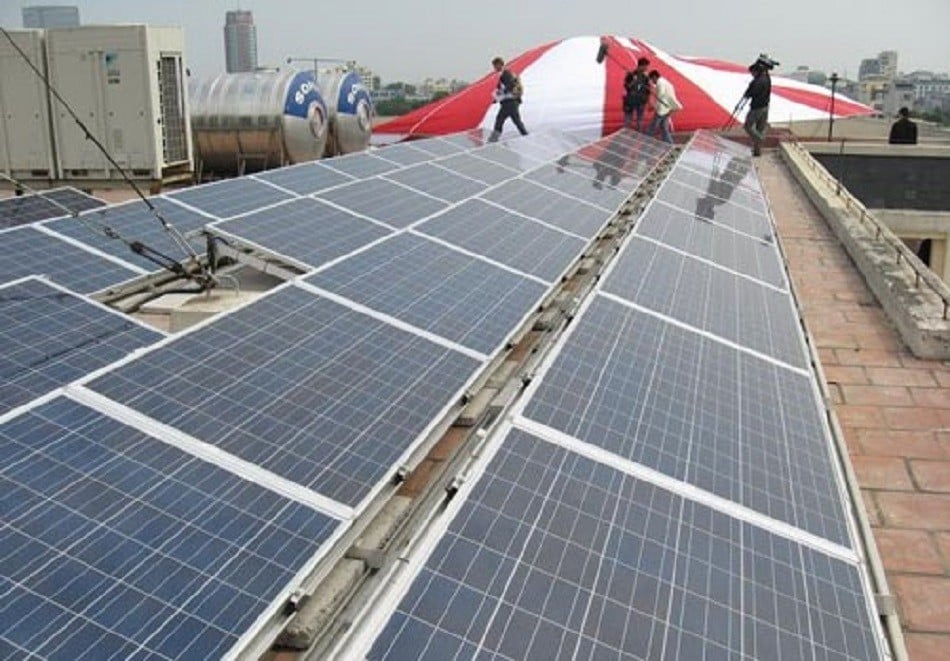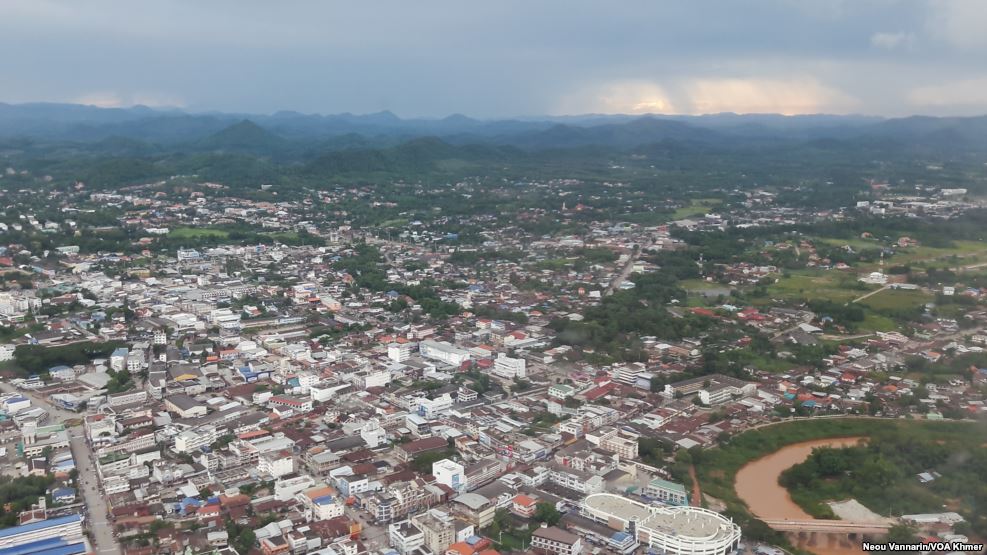U Htay Aung, deputy permanent secretary of the Ministry of Electric Power and Energy, told The Myanmar Times last week that the projects – the Shweli (3), Upper Yeywa and Upper Kyaing Taung dams – are seen by the ministry as a means of meeting energy-deprived Myanmar’s electricity needs, while noting that the earliest expected completion dates were 2020.
Along with a fourth dam under construction in Rakhine State and a fifth in Nay Pyi Taw’s Pyinmana township, the projects’ electricity generation will total more than 1500 megawatts, he said, nearly half of Myanmar’s current installed capacity nationwide.


